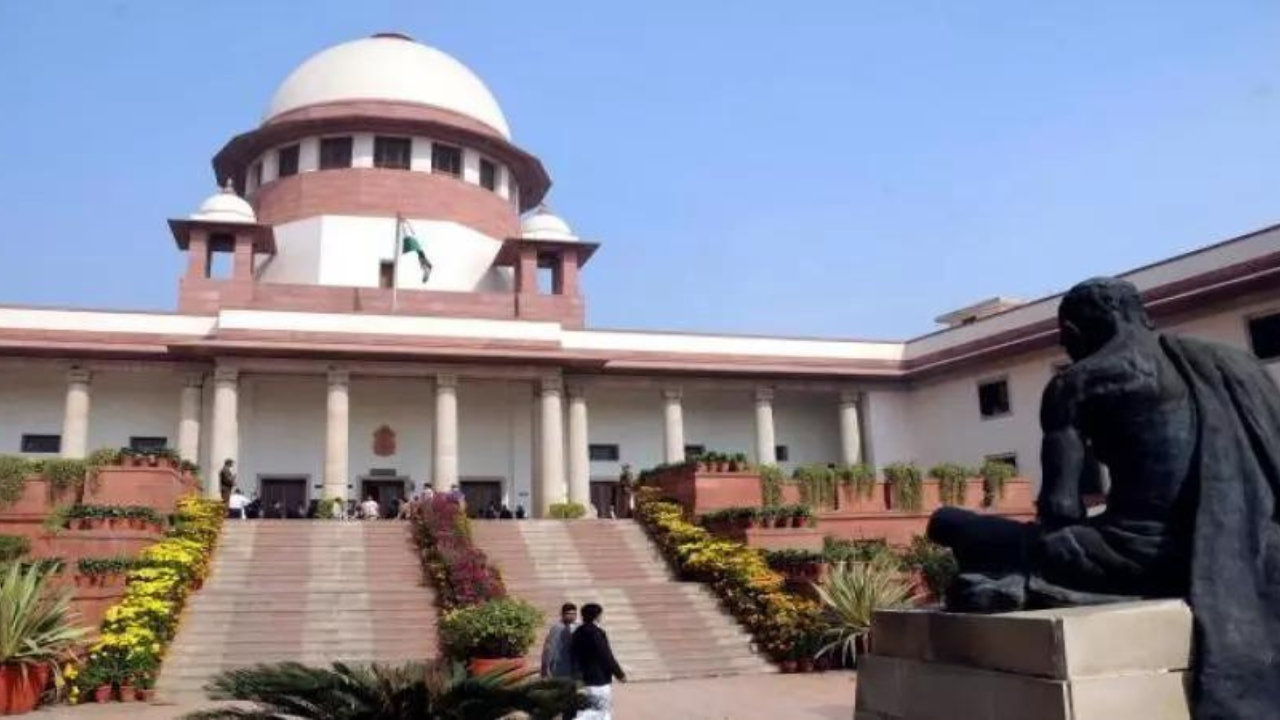Despite having three laws to protect the public against false claims and misleading ads of drugs, affidavits of various state governments in the Patanjali case in the Supreme Court showed that “in most cases penalties imposed are nil” and “action taken is poor”. The court order noted that “despite the statutes being in place, the state governments and union territories have been taking these provisions lightly” and sought an explanation for the “inaction/indolence in imposing penalties and deterrents for compliance of statutes”.
The Supreme Court was referring to the detailed report of the amicus curiae (friend of the court) on the effective use of the existing penalty mechanism.The three laws that the amicus curiae referred to were the Drugs and Magic Remedies (Objectionable Advertisements) (DMR) Act, 1954, the Drug Control (DC) Act 1940 and the Consumer Protection Act (CPA), 2019. The amicus curiae informed the court that 15 states had not filed an affidavit despite direction from the court.
As an example of poor implementation, the affidavit filed by the drug control department of Kerala showed that of just 116 cases of violation of DMR Act recorded, the bulk were between 2016 and 2023 and just three before that from 2011. Of the 116 cases, the fines imposed, mostly for product labelling violations, were just a few thousand rupees. Almost all the cases related to media ads were from 2023 and they were either under trial or still under investigation.
From the data furnished by the states and union territories that have filed affidavits, the amicus curiae found that in some states — Chhattisgarh, Gujarat, Delhi and West Bengal — a large number of complaints were forwarded to other states because the manufacturing units against which the complaints were received were operating in those states. However, no data was furnished by the states receiving the complaints as to the action taken on them. “This leaves the consumer feeling helpless and completely in the dark regarding the action taken on the forwarded complaints,” noted the court.
The court suggested that the Ayush ministry set up a dashboard for all states to furnish details of complaints received by them and referred to other state licensing authorities and the action taken by the concerned state licensing authority. It felt that if the data was available in the public domain, it could not only be accessed by consumers but such information could help as lack of information on the action was a big deterrent for prosecution purposes. The court asked states and the central government to file a fresh affidavit on the issue within two weeks.
The Supreme Court was referring to the detailed report of the amicus curiae (friend of the court) on the effective use of the existing penalty mechanism.The three laws that the amicus curiae referred to were the Drugs and Magic Remedies (Objectionable Advertisements) (DMR) Act, 1954, the Drug Control (DC) Act 1940 and the Consumer Protection Act (CPA), 2019. The amicus curiae informed the court that 15 states had not filed an affidavit despite direction from the court.
As an example of poor implementation, the affidavit filed by the drug control department of Kerala showed that of just 116 cases of violation of DMR Act recorded, the bulk were between 2016 and 2023 and just three before that from 2011. Of the 116 cases, the fines imposed, mostly for product labelling violations, were just a few thousand rupees. Almost all the cases related to media ads were from 2023 and they were either under trial or still under investigation.
From the data furnished by the states and union territories that have filed affidavits, the amicus curiae found that in some states — Chhattisgarh, Gujarat, Delhi and West Bengal — a large number of complaints were forwarded to other states because the manufacturing units against which the complaints were received were operating in those states. However, no data was furnished by the states receiving the complaints as to the action taken on them. “This leaves the consumer feeling helpless and completely in the dark regarding the action taken on the forwarded complaints,” noted the court.
The court suggested that the Ayush ministry set up a dashboard for all states to furnish details of complaints received by them and referred to other state licensing authorities and the action taken by the concerned state licensing authority. It felt that if the data was available in the public domain, it could not only be accessed by consumers but such information could help as lack of information on the action was a big deterrent for prosecution purposes. The court asked states and the central government to file a fresh affidavit on the issue within two weeks.
